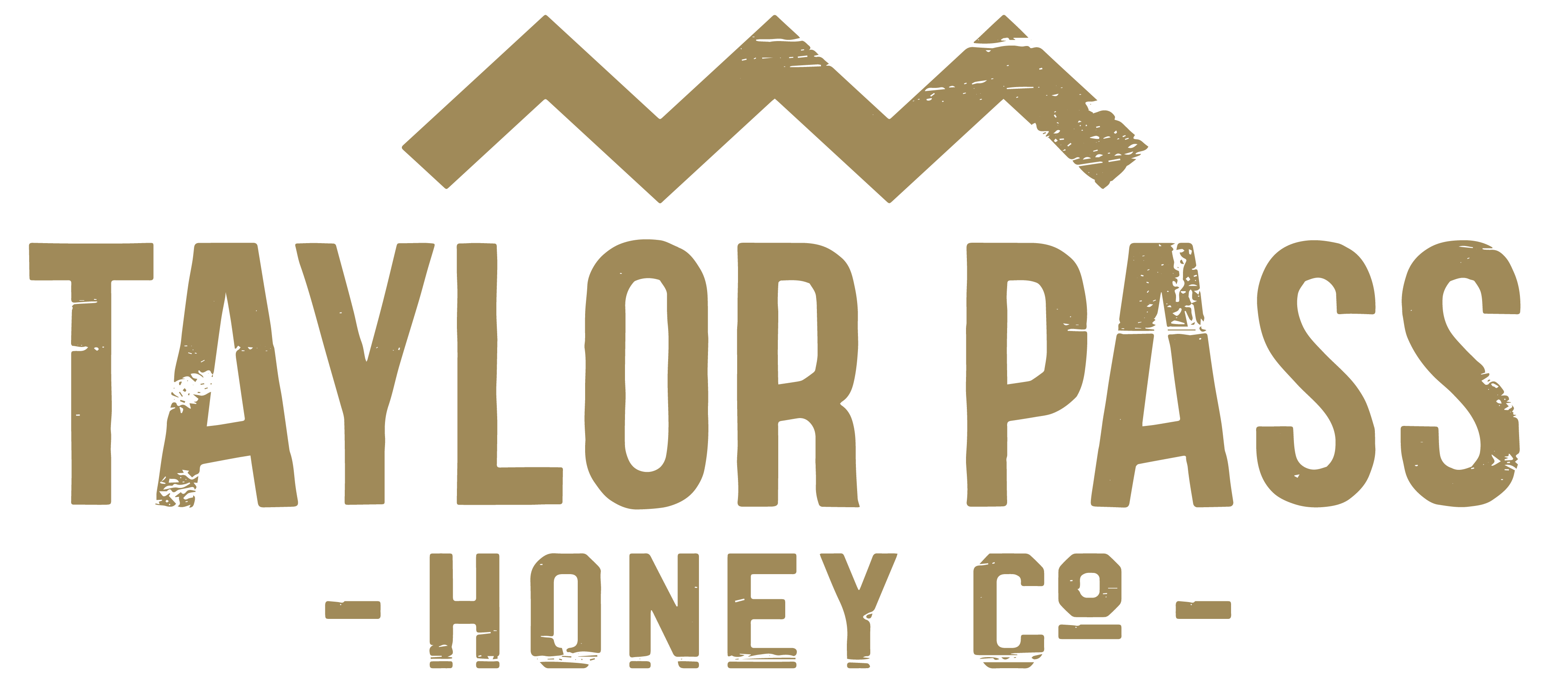Our Honey Bees
The way we see it, it’s all connected: This unique land, the bees and us – we have a responsibility to look after it all and, if we do, our communities will thrive; we will be able to hand a better world on to the next generation.

The Humble Honey Bee
With a growing appreciation for the importance of health and wellness, and a shift towards whole-food based diets, the plight of the bee has taken centre stage. The humble honey bee’s role in pollination attributes to about one-third of our entire food supply. Foods like blueberries, cherries, avocados, apples, almonds, onions, garlic and many other crops would likely disappear, as they would become too much of a challenge to raise commercially, without the pollination services of honey bees.
A Worldwide Concern
The plight of honey bees has been at the forefront of research since large-scale disappearances of honey bees from hives were first noted in the USA in 2005. What followed was global concern over a new phenomenon dubbed, Colony Collapse Disorder (CCD). Since then, similar problems have manifested all over the world. The exact cause of CCD is still unknown, but research suggests that the increased use of neonicotinoid pesticides, the invasion of the varroa mite as well as the impact of climate change are the most likely contributors. Over a decade later, it is fair to say that we now know the nature of the problem and the actions we need to take, to reduce the effect of CCD on world bee populations. While many programs are being run around the world, more is still needed.
New Zealand’s history of good beekeeping practice, along with the country’s strict pest management regime and good biosecurity, have significantly contributed to a thriving beekeeping industry. This has ensured hive loss has been maintained consistently below ten percent, which is low in comparison with International results.
How we are making a difference
Sustainability
Being sustainable means not only looking after the land and bees but also people. We have strong relationships with the landowners that house our hives. We work closely together to support biodiversity, through the planting of wetland areas which provide a healthy habitat and food for plants, birds and insects. It all starts with the land. You can’t have healthy bees without a healthy environment!
Genetics
Genetics are crucial to bee health – our investment in world-leading geneticists, who are constantly innovating and developing new programs, ensures our bees not only survive but thrive.
With no new genetic stock added to the New Zealand bee population since the 1950s, we have long been aware of the risks of inbreeding. This, along with seeing the substantial improvements made through selective breeding programs in farmed livestock in New Zealand, provided the motivation for us to employ an expert in 2015, to firstly identify what the genetic diversity was of our own bees, and secondly what was available within New Zealand. For the past five years, we have been tracking queen and hive behavior to identify outliers. In the future, we hope to identify high performing queens, who display gentle behavior, and more importantly, queens that are healthier and more disease resistant.
Responsible beekeeping
Developing great beekeepers with a strong connection to the land – As a business, we have always recognized the importance of our people. For the past two years, we have been at the forefront of developing an industry-approved apprenticeship program, that aims to bring excellence in standards of beekeeping. At present, a third of our beekeeping team is participating in the National Apprenticeship Scheme. This will ensure our young beekeepers are trained to the highest industry standard, are competent in disease identification and management. Most importantly, they will learn best practice for bee health.
How you can do your part?
When purchasing honey, make sure it comes from honey producers that have sustainable practices. It starts with us. Together we can help save and protect our honeybee.

